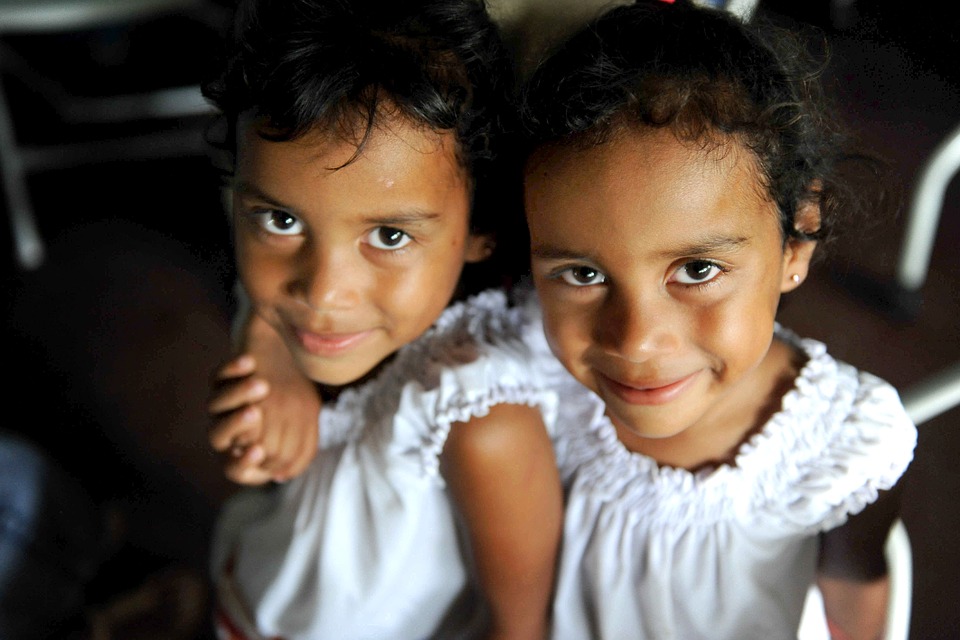Trafficked Children

Human smuggling is where immigrants and asylum seekers pay people to help them enter the country illegally, after which there is no longer a relationship.
Trafficked victims are coerced or deceived by the person arranging their relocation. On arrival in the country of destination the trafficked child or person is denied their human rights and is forced into exploitation by the trafficker or person into whose control they are delivered. Many children are trafficked into the UK from abroad, but children can also be trafficked from one part of the UK to another.
The Palermo Protocol establishes children as a special case – any child transported for exploitative reasons is considered to be a trafficking victim – whether or not they have been deceived. This is partly because it is not considered possible for children to give informed consent. Trafficked children experience multiple forms of abuse and neglect; physical, sexual and emotional violence are often used to control victims of trafficking. Children are also likely to be physically and emotionally neglected.
Children are trafficked for:
- child sexual exploitation
- benefit fraud
- forced marriage
- domestic servitude such as cleaning, childcare, cooking
- forced labour in factories or agriculture
- criminal activity such as pickpocketing, begging, transporting drugs, working on cannabis farms, selling pirated DVDs, bag theft.
Traffickers are known to recruit their victims using a variety of methods. Some children are subject to coercion, which could take the form of abduction or kidnapping. However, the majority of children are trapped by in subversive ways:
- Children are promised education or respectable work – as in restaurants, domestic servants etc.
- Parents are persuaded that their children will have a better life elsewhere
- Many children travel on false documents and for those who do not, the traffickers usually throw away their identification papers
There are a number of circumstances which could indicate that a child may have been trafficked to the UK, and may still be being controlled by the traffickers or receiving adults. These include situations in which the child:
- Does not appear to have money but does have a mobile phone
- Is driven around by an older male or ‘boyfriend’
- Shows signs of physical or sexual abuse, and/or has contracted a sexually transmitted disease
- Has a history with missing links and unexplained moves
- Is required to earn a minimum amount of money every day
- Works in various locations
- Has limited freedom of movement
- Appears to be missing for periods
- Is known to beg for money
Trafficking children is child abuse and a referral should be made to Children Social Care First Response Team:
- Professionals' Line 020 7926 3100
- Public Line 0207 926 5555 (24 hours)
- Email: dutymanager@lambeth.gov.uk
If you are a professional, please also follow up your referral in writing by filling in the Multi-Agency Referral Form (MARF) on the Lambeth council website and forward it to the email address above.
ResourcesNSPCC's Child Trafficking Advice Centre (CTAC)If you work with children or young people who may have been trafficked into the UK, contact the NSPCC specialist service for information and advice. Call them on 0808 800 5000 or email help@nspcc.org.uk for more information. Gaia CentreAny trafficked girls or women can also be referred to the Lambeth Gaia Centre on 020 7733 8724 or email lambethvawg@refuge.org.uk |

